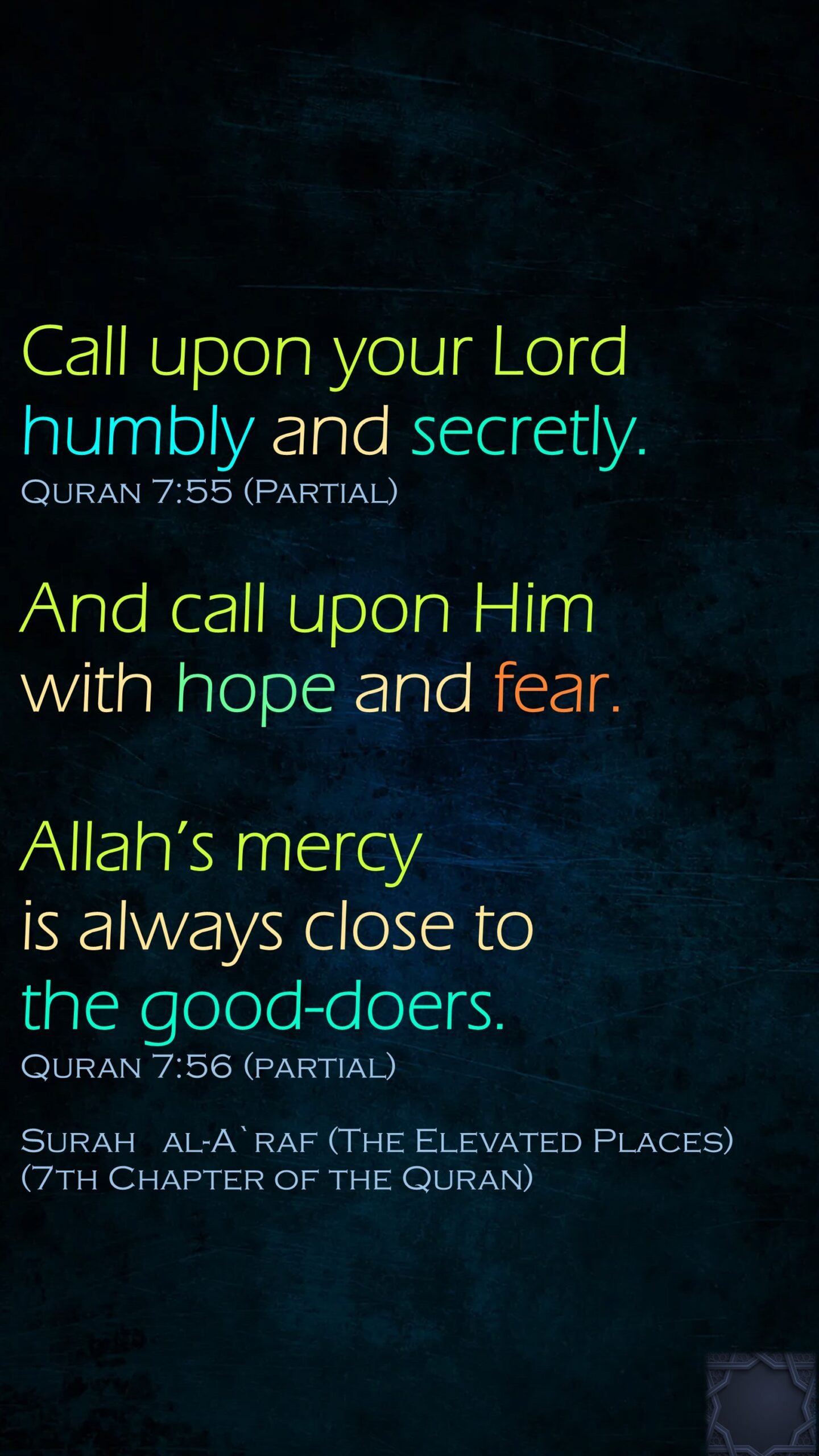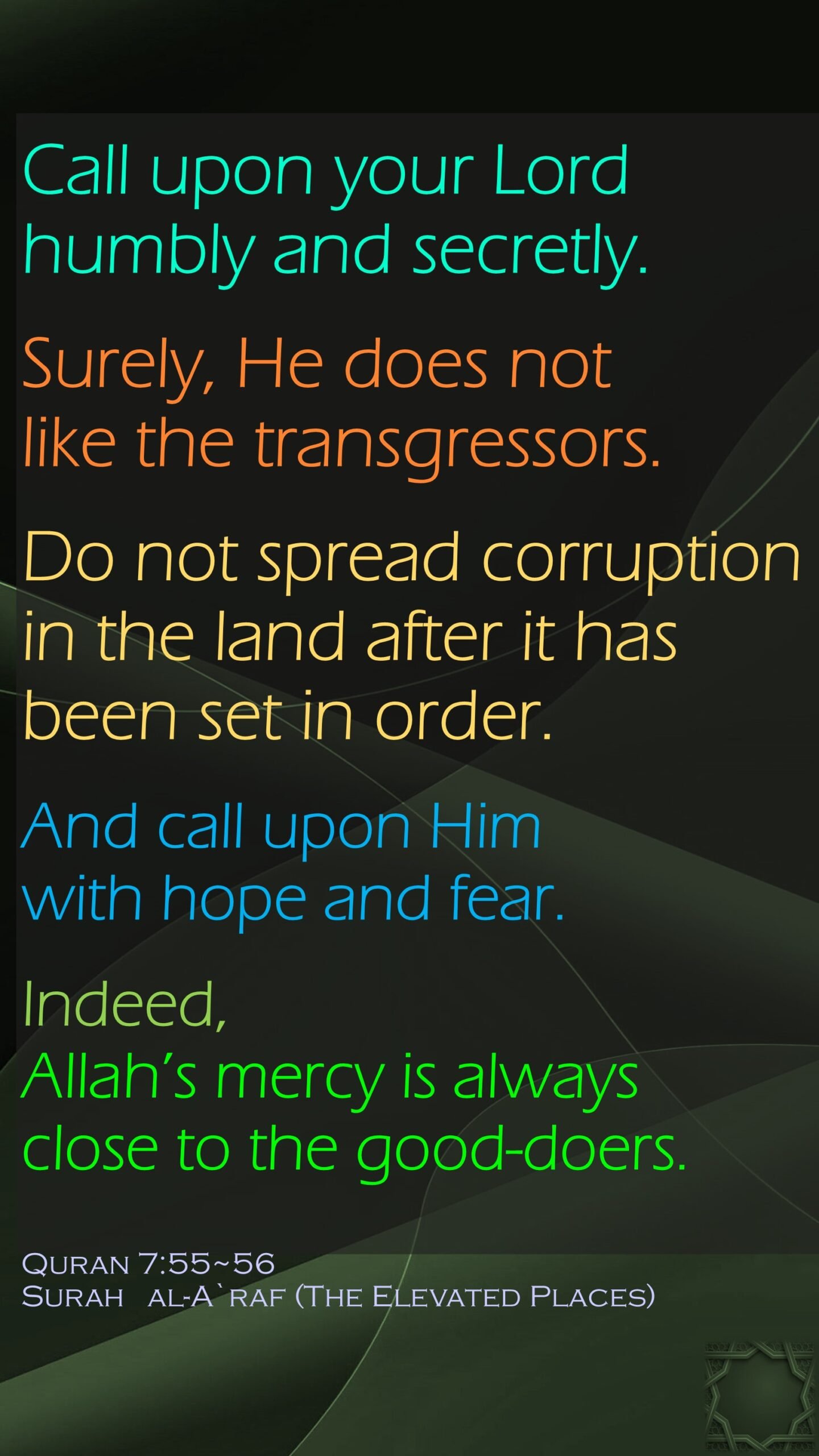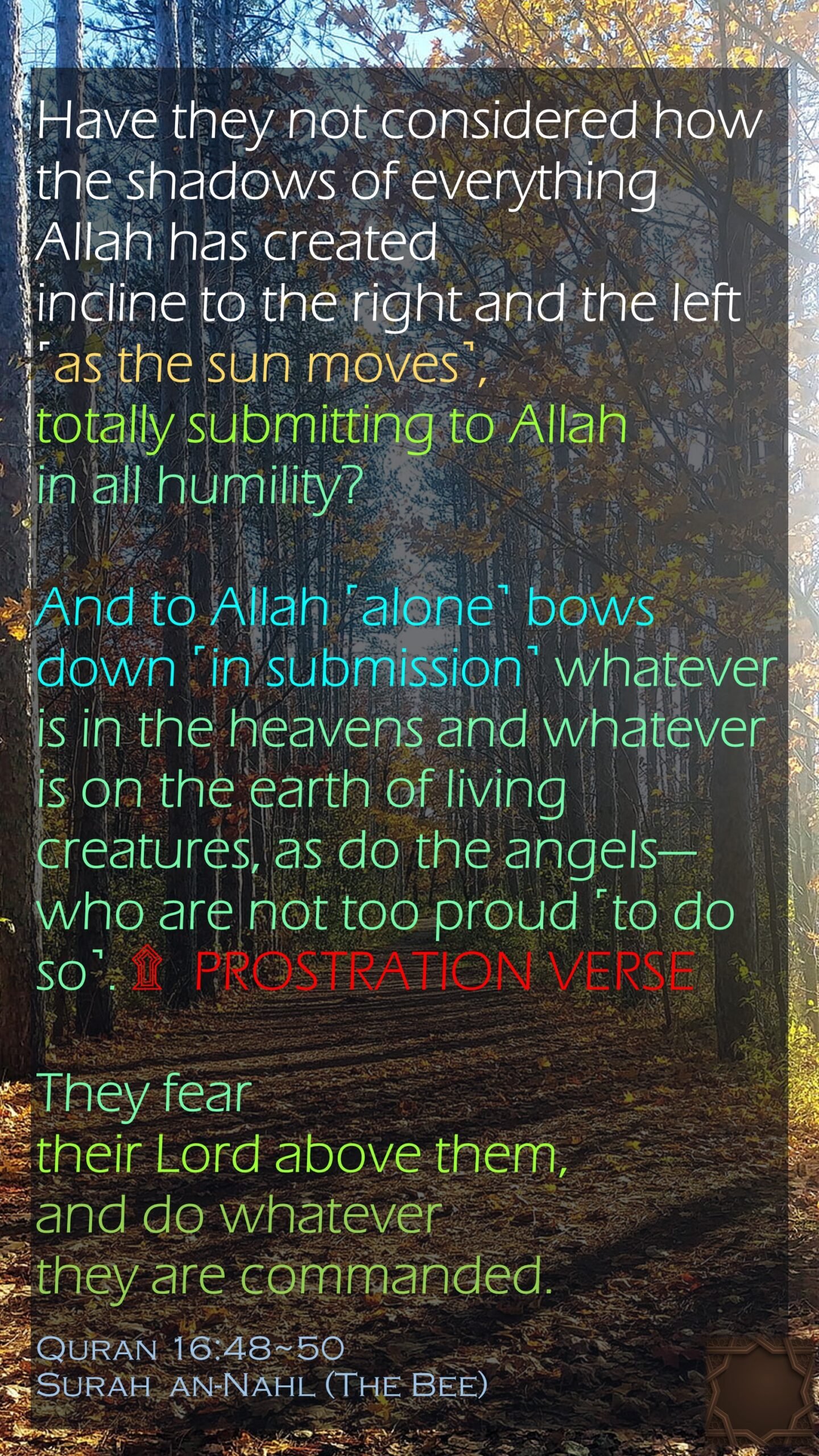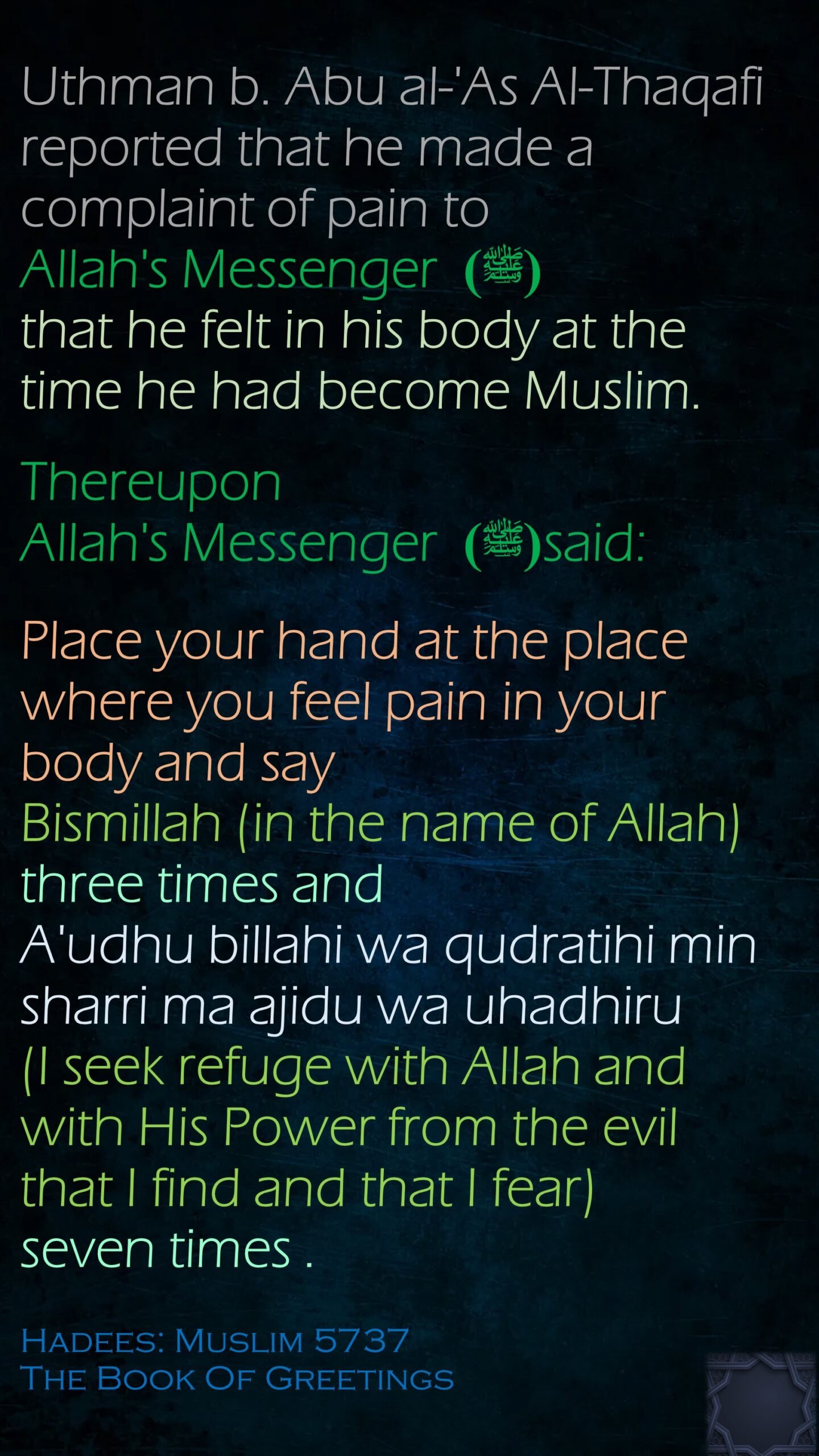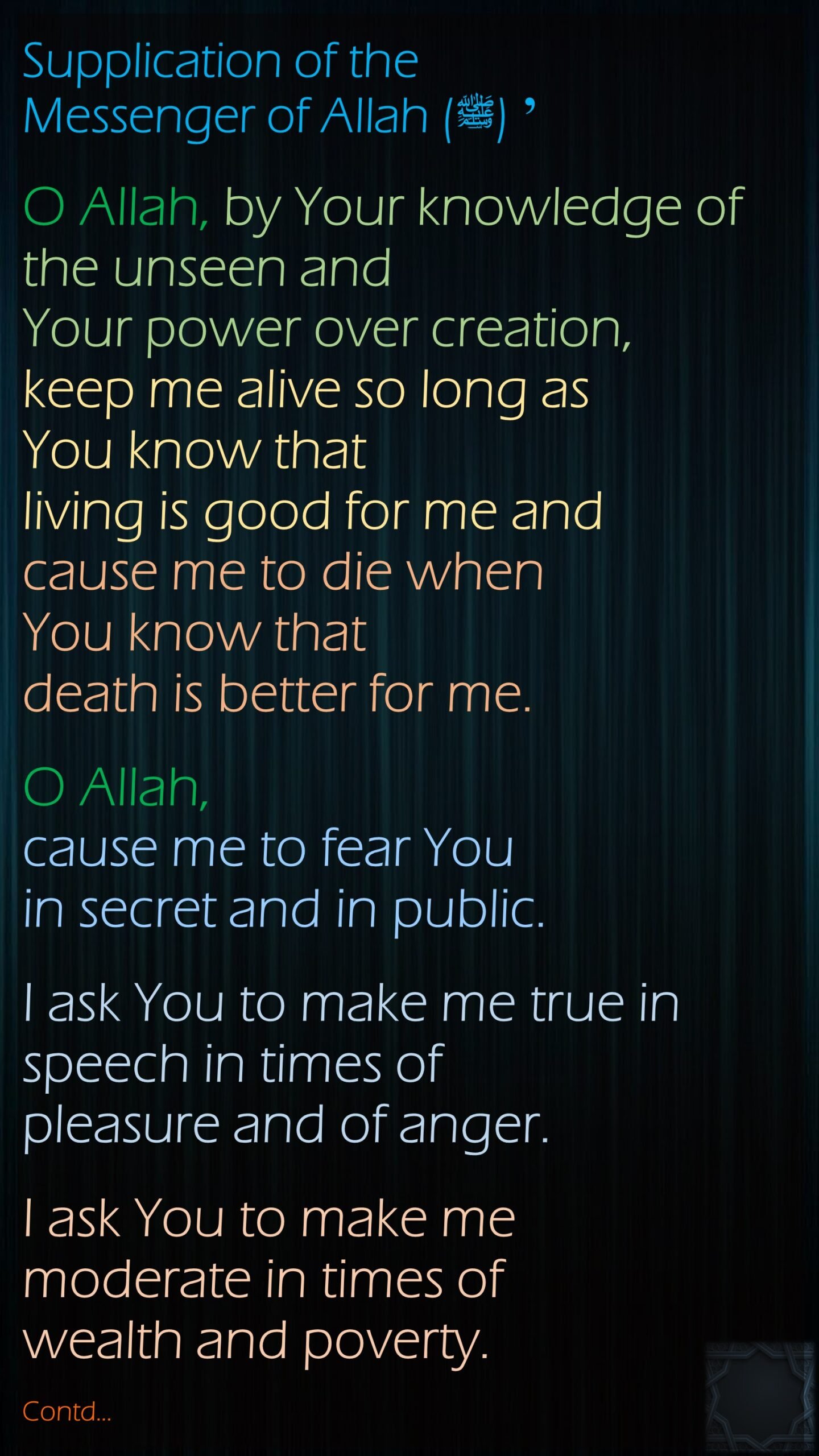Skip to Content
Tag Archives: fear
- Home -
- Posts tagged "fear"
( Page2 )
5
Feb, 2025
Islam, Quran
007, 055, 055 partial, 056, 056 partial, 7th chapter, acceptance, Allah, always, ask, ayat, ayats, call, Chapter, close, daily, dua, elevated places, fear, good, good doer, Him, hope, humble, humbly, inspirations, islam, islamic, Lord, Mercy, Muhammad, partial, public, quran, secret, supplication, Surah, verse
13
Jan, 2025
Islam, Quran
023, 181, 182, 183, 184, 185, 187, 189, 190, 86, against, al muminun, Allah, ancient, ancient fables, ayat, bnes, daily, dust, fables, fear, forefather, inspirations, islamic, Lord, Muhammad, not, promise, protect, quran, really, resurrect, Surah, throne
23
Dec, 2024
Islam, Quran
007, 055, 056, al araf, Allah, ayat, call, close, corruption, daily, elevated place, fear, good-doer, hope, humbly, inspirations, islam, islamic, Lord, Mercy, Muhammad, Near, not, order, quran, secretly, spread, Surah, to, trangress
5
Sep, 2024
Islam, Quran
016, 48, 49, 50, above, Allah, an Nahl, Angels, ayat, bow, bow down, command, creatures, daily, earth, fear, heavens, humility, inspirations, islam, islamic, Lord, Muhammad, not, prostrate, prostration, prostration verse, proud, quran, Sajda, shadow, submit, sun, Surah, the Ant, وَلِلَّهِ يَسْجُدُ
23
Jul, 2024
Hadees, Islam
5737, Allah, Allah's power, Bismillah, body, daily, evil, fear, hadees, Hand, inspirations, islam, islamic, Muhammad, pain, relief, Sahih Muslim, seven, Surah, three
11
Jul, 2024
Islam, Quran
13, 14, 46, act, al-Ahqaf, Allah, arabic, ayat, book, daily, fear, forever, good, grieve, inspirations, islam, islamic, Jannah, Muhammad, paradise, quran, resident, sandhill, stay, steadfast, Surah, windcurve, wrong
17
Jun, 2024
Hadees, Islam
Allah, ayat, Baqara, beg, bukhari, daily, fear, Hajj, inspirations, islam, islamic, Madina, Makkah, Medina, Muhammad, provision, quran, Surah, Yemen
22
Apr, 2024
Hadees, Islam
Allah, anger, ayat, beautify, better, book, daily, Death, decree, delight, deviation, die, fear, forgetfulness, good, guide, harm, inspirations, islam, islamic, joy, Life, life after death, live, longing, meet, moderate, Muhammad, pleasure, poverty, prayer, public, quran, secret, speech, supplication, sweetness, time, trial, true, wealth
3
Apr, 2024
Islam, Quran
Allah, An-Nur, ayat, daily, dry, fear, humankind, Infinite, inspirations, islam, islamic, Isra, israelites, Lord, Mercy, Muhammad, Noor, Nur, Prophet, quran, run out, stingy, Surah, treasure, withhold
29
Mar, 2024
Islam, Quran
Allah, An-Nur, ayat, believers, daily, fear, inspirations, islam, islamic, Men, mindful, Muhammad, quran, succeed, Surah, the light, triumph, we hear and we obey, women, سَمِعۡنَا وَأَطَعۡنَاۚ

